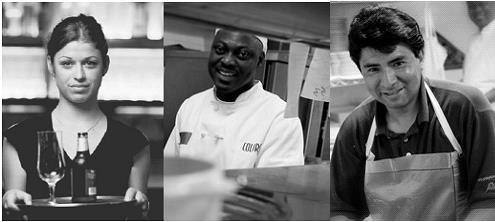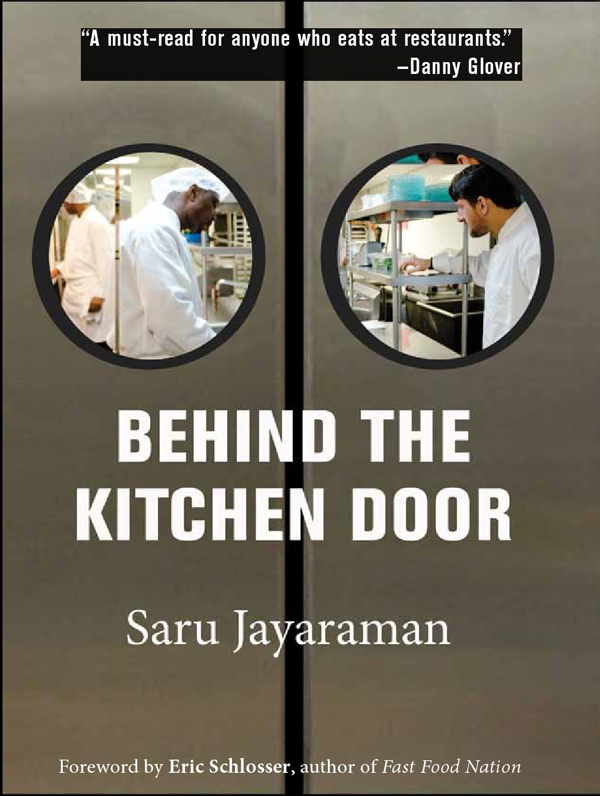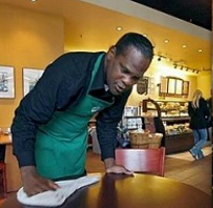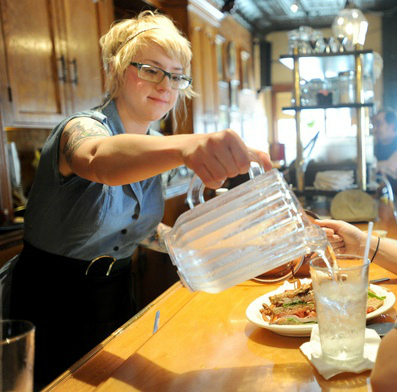
Photo: Courtesy ROC-United
Most self-respecting, food-focused, restaurant-goers can wax on about the provenance of their poultry, chat with their local produce farmer on a regular basis, or rattle off the names of several fine-dining restaurants, the celebrity chefs who run them, and their signature dishes. Some consumers are even on friendly terms with the waitstaff and bartenders at their regular haunts.
But few diners can tell you much – if anything -- about the largely invisible army of restaurant workers who make eating out possible. With 10 million members in their ranks these employees represent the largest sector of the U.S. workforce. And yet these servers, bussers, runners, cooks, and dishwashers, who are the lifeblood of many restaurants, scrape by on some of the lowest wages in America, putting food on diners' tables at the same time they struggle to make enough money to feed themselves and their families.
Up until the Twin Towers fell, Saru Jayaraman had never given much thought to the lives of restaurant workers. And then the young labor lawyer got a call from a union leader representing workers from Windows on the World, the restaurant that had graced the top of the World Trade Center. After the 9/11 tragedy some 250 workers were displaced (73 of their coworkers perished on the day) and they wanted their former boss to make good on his offer to hire them back when he opened a new restaurant. With the help of Jayaraman and one of the headwaiters from Windows on the World, Fekkak Mamdouh, the restaurant workers secured new employment for several former staffers, a victory that was covered by the New York Times. Jayaraman cofounded the nonprofit Restaurant Opportunities Centers (now ROC-United) with Mamdouh, and she hasn't stopped thinking about the working conditions and wages of restaurant workers ever since.

Jayaraman caused quite a stir in New York City, when she and her organization went up against several prominent restaurateurs, including Mario Batali, whose Del Posto restaurant settled for millions two lawsuits last year brought by ROC-United for unfair labor practices and abusive working conditions. (Irony alert: Batali's restaurants have been lauded for their Slow Food sensibility and sustainable practices, as BAB has noted.)
Now the director of UC Berkeley's Food Labor Research Center, Jayaraman has written a book, Behind the Kitchen Door, exposing the dirty little secret of exploited restaurant employees and the successful campaigns ROC-United has waged in securing a better work environment for these workers, many of whom are immigrants and people of color. Helping the disadvantaged is nothing new to Jayaraman: The Yale Law School and Harvard School of Government graduate was recognized by former President Bill Clinton while an undergraduate at UCLA for founding a mentoring program for women of color in L.A., where she grew up, the daughter of Indian immigrants, who worked hard to make ends meet.


